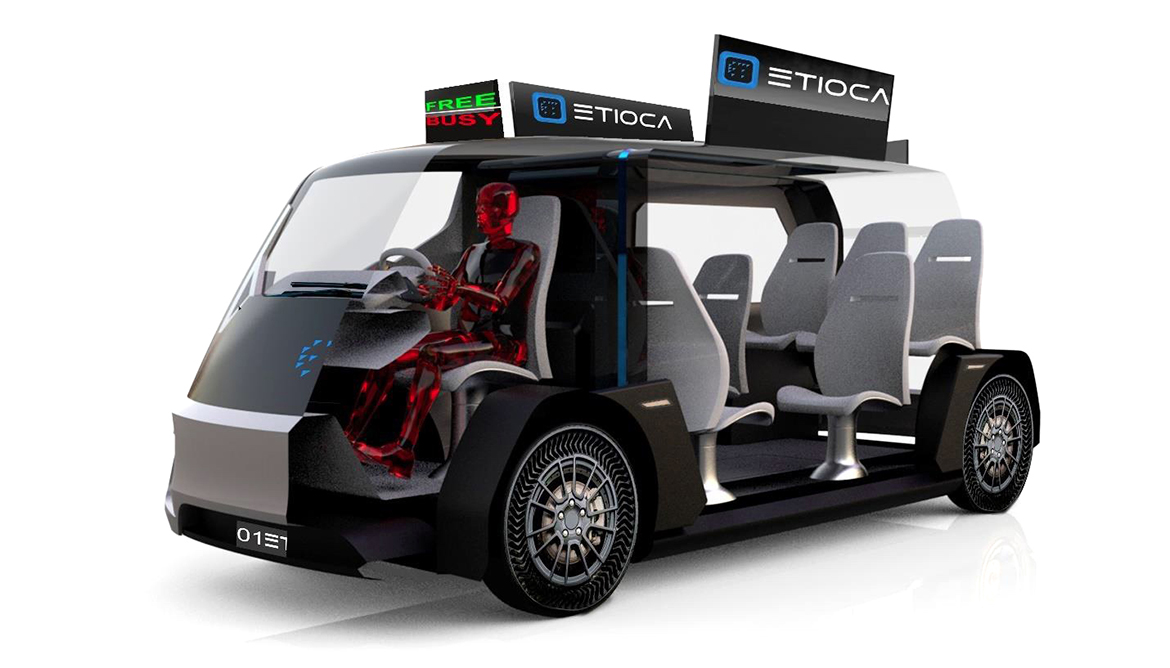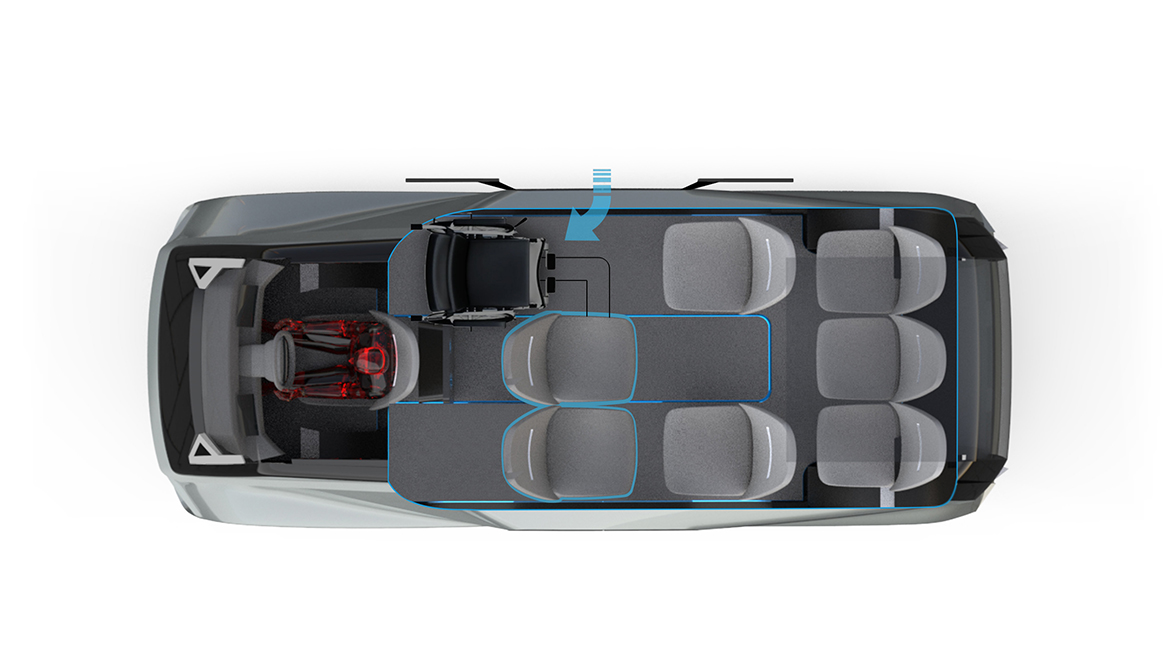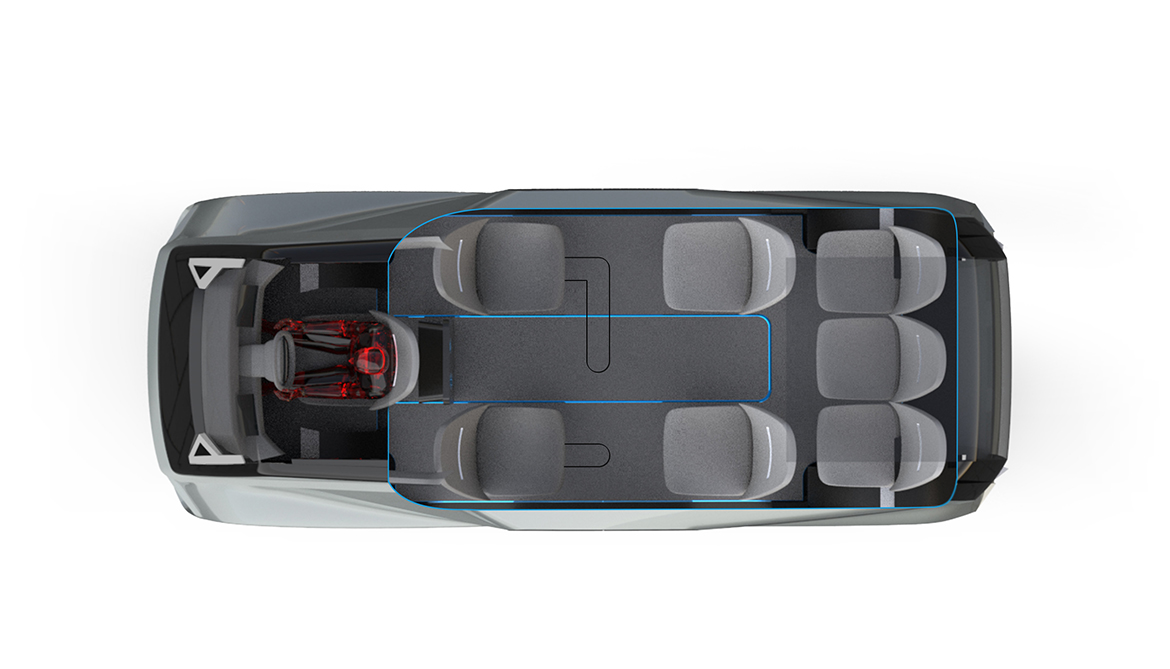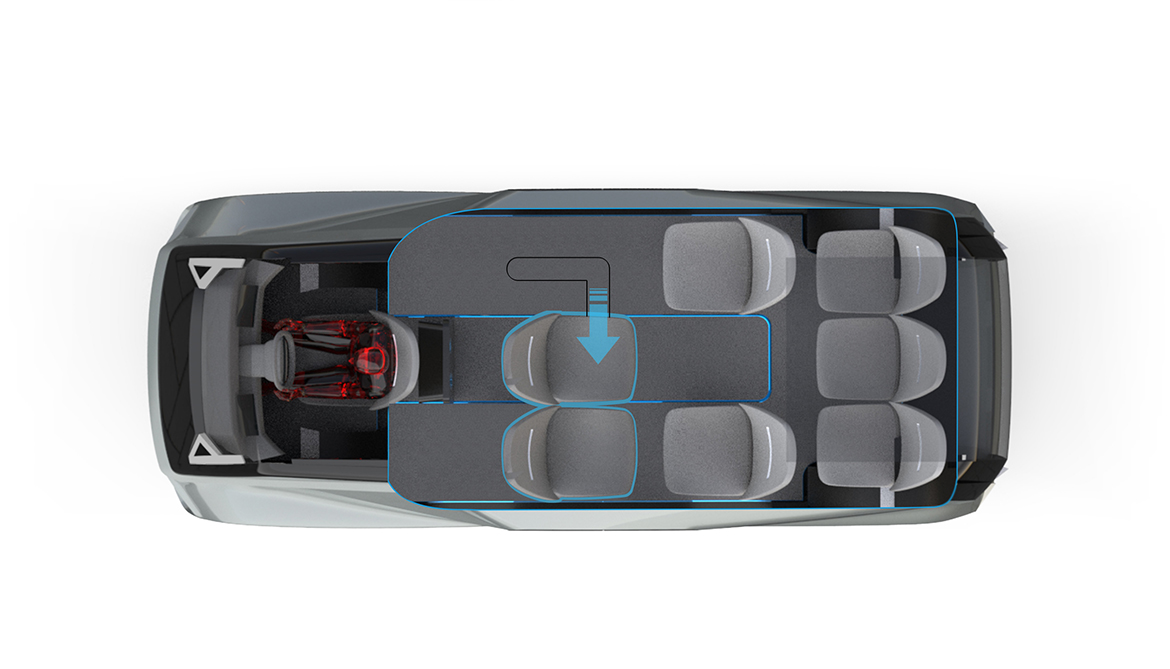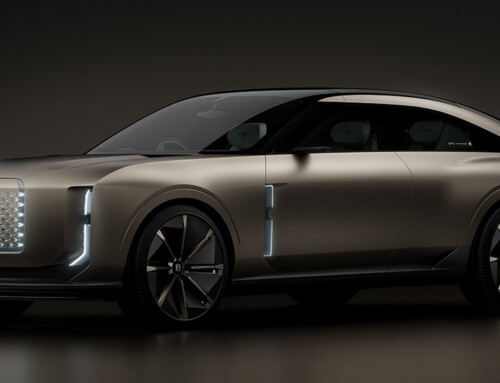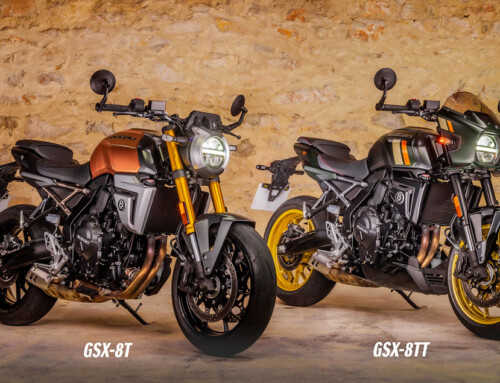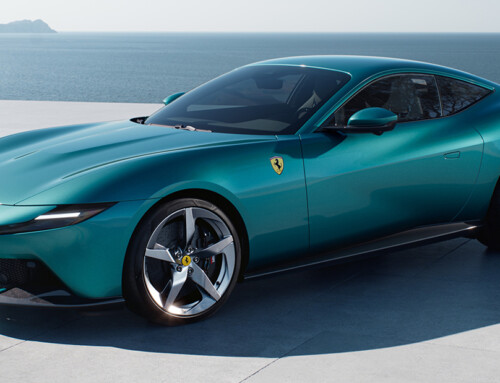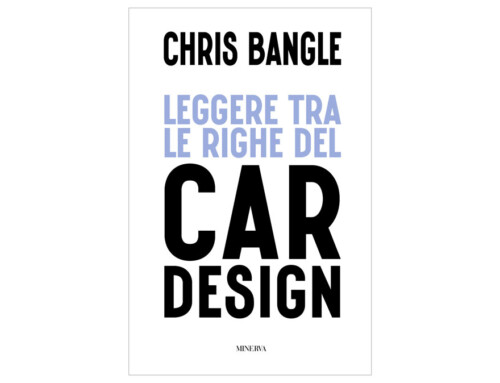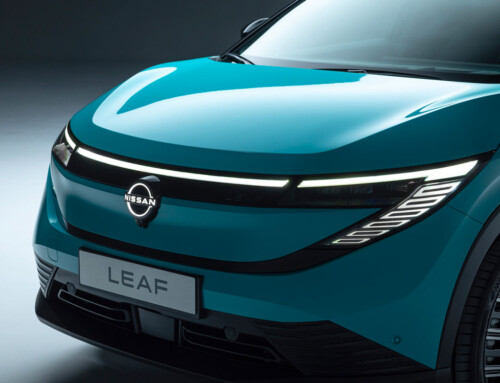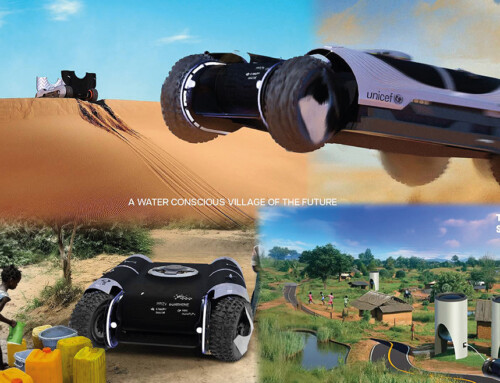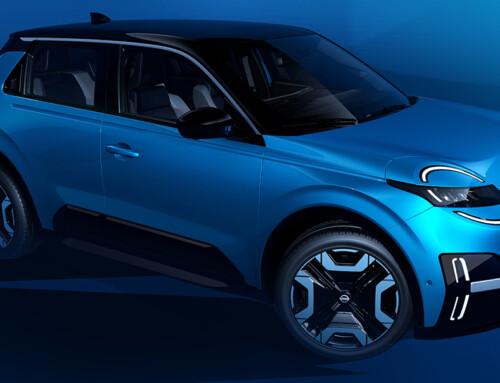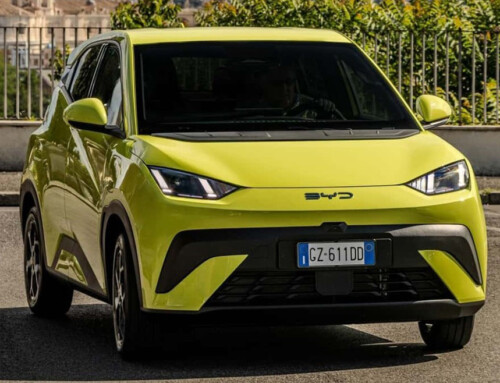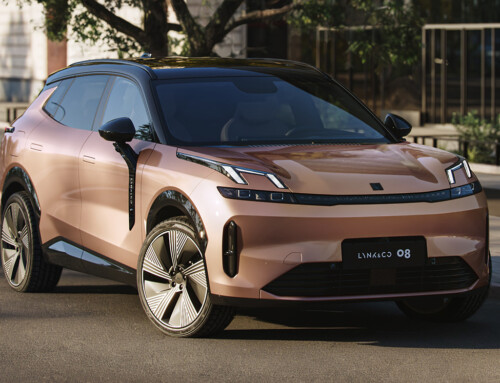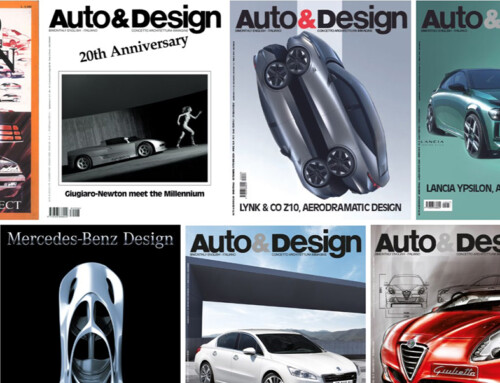Mobility changes and the related services evolve accordingly. From this general consideration the Etioca project was born. Etioca is a company of Israeli origin that has reinvented the concept of taxi with a multifunction electric vehicle that is proposed to taxi drivers all over the world.
The vehicle, called Etioca Taxi Cab, is based on the Anna modular platform (internally developed by Etioca), is 100% electric and also has a battery swap technology. It has generous dimensions, to meet the new needs of private transport, increasingly shared between more people. For this reason, this minivan that seems to come from the future has 7 seats (plus an extra seat for a possible disabled passenger) and a fully configurable passenger compartment (separated from the driver cockpit) according to different needs.
In addition to the vehicle itself, the Etioca project is characterized by the definition of a complete digital ecosystem for both, the taxi driver and customers. The first, for example, can take advantage of the Taxi Cab as a source of income not only for the trips made, but also for the presence of advertising panels on the roof and for an interesting package of extra services that can be booked by customers that can be found on board when you enter the car: basic necessities, souvenirs or even snacks and drinks from a special minibar. This will make the rides cost about 30% less than a normal taxi.
Etioca has also developed the app for managing the booking of the taxi service and additional services and, of course, also payments, which can be made in various ways, cryptocurrencies included. The initiative is ambitious and wants to grow quickly, with the listing on Wall Street within the year and the start of a production with substantial volumes. For this reason, Etioca also purchased the Italian historic Coggiola body shop, active since 1966, whose research and development center was also the author of the design of the vehicle: it will be precisely in the historic Turin factories that the Ethioca Taxi Cab will be produced initially. Goal: 10,000 cars on the road in 2024.

